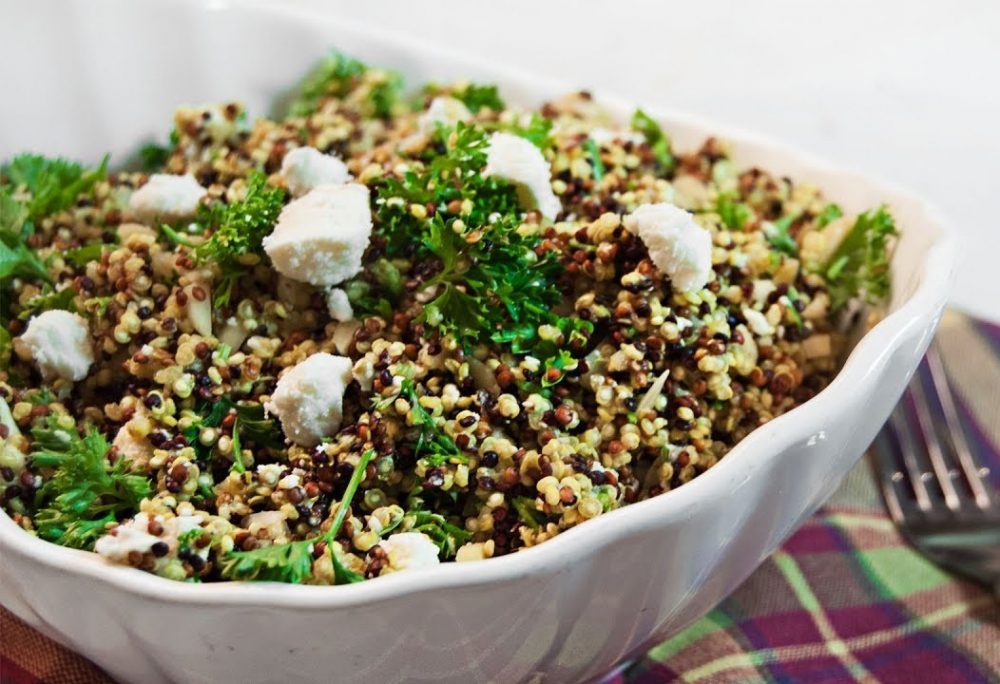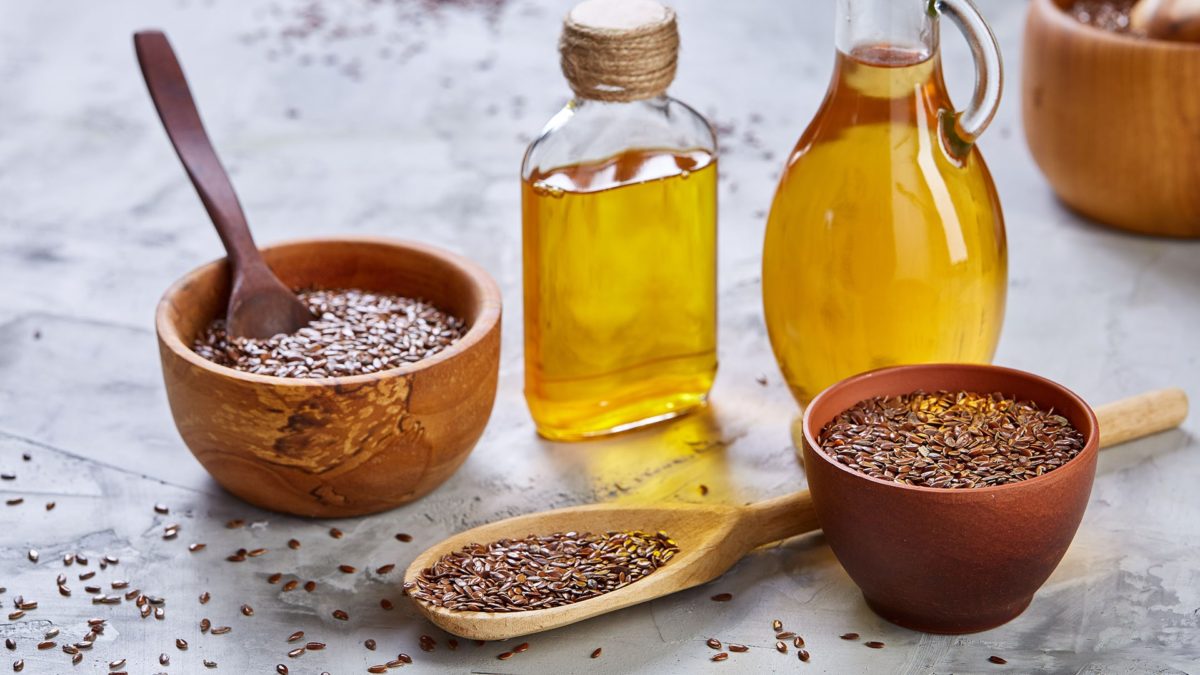From pre-diabetes to menopause, hormone imbalance can be the cause of a host of health concerns: weight gain, sluggishness, stress, low libido, and more. Nutrition can serve as an effective to manage body hormones and overcome irregularities.

Hormones that Affect Women
Insulin: This hormone tells your body how to use energy from the foods you eat. When we eat a meal, our blood sugar starts to rise. Our bodies produce insulin to help the sugar move from our bloodstream into our cells. With factors like age, extra body weight, genetics, and a diet that is heavy in processed and junk foods, we can become insulin resistant. Our cells don’t respond properly to insulin and become resistant to this hormone. Blood sugar can’t get into cells.
Leptin and ghrelin (a.k.a. the “hunger hormones”): play an important role in appetite control. When leptin increases, it should decrease your appetite. A rise in ghrelin increases your appetite. People who are overweight or obese usually have developed leptin resistance. Low levels of leptin can lead to overeating.
Thyroid hormones: These hormones control metabolism. If your levels are too low, you might have an underactive thyroid, which can contribute to weight gain, fatigue, and reduced muscle mass. Your doctor may prescribe thyroid hormone replacement medication or an iodine supplement.
If thyroid hormones are too high, you may need medical treatment to get them back into the right range. Symptoms of an overactive thyroid include weight loss, loss of bone and muscle, and feeling shaky, hot, jittery, and sweaty much of the time.
Estrogen and progesterone: These female sex hormones are responsible for fertility. It’s normal for levels of both to change as women approach menopause. These changes can affect weight, especially for premenopausal women. When your estrogen levels drop during menopause, you may also experience symptoms like hot flashes, night sweats, vaginal dryness, and mood changes.
10 Nutrition Choices to Restore Hormone Balance
Nutrition can be a powerful tool when addressing hormone imbalance! Here are the top 10 foods to eat to help restore hormone balance.
Swap refined carbs for whole foods:

Cut back on added sugars and refined, or simple, carbohydrates to reduce insulin resistance. Refined carbohydrates are found in salty snack foods such as pretzels, crackers, and chips, fast food, white bread and pasta, regular soda, and sweets such as cookies, cakes, candy, and pastries. Including a fist size portion of wholegrain slow-release carbohydrates such as brown rice, buckwheat, and quinoa with 1 or 2 of your meals will ensure that we are getting much-needed fibre and all-important B vitamins which support hormone balance and healthy elimination of spent hormones (especially with period related problems such as PMS).
Healthy fats:

To support healthy leptin and ghrelin levels, incorporate foods with healthy fats into your eating plan. Always include a portion of fat in each meal which can come from olive oil, flaxseed oil, avocado oil, raw unsalted nuts or seeds, nut butter, and avocados. Omega-3 fatty acids are a nutrient commonly found in fatty fish like sardines, salmon, mackerel, and other foods like walnuts, chia seeds, and egg yolks. If you’re suffering from heart disease, chronic inflammation, cancer, or diabetes, your insulin level may be too high. Consumption of omega-3s can help you diminish insulin resistance.
Look for Protein:

Eating protein at every meal, especially at breakfast, can help reduce your ghrelin levels. Lower ghrelin levels, in turn, may reduce overeating later in the day. Try eggs or Greek yogurt for breakfast. Whether it is animal or plant protein is a personal choice. Be sure that it is hormone-free by choosing organic grass-fed meat.
Eat 2 tablespoons of ground flaxseeds daily:

Flaxseeds are the richest dietary source of lignans, a type of phytoestrogen that helps balance estrogen levels by promoting estrogen but also getting rid of “spent” estrogen. Add to your breakfast, smoothies, and soups.
Eat enough iodine:
In adults, an iodine deficiency of less than 10-20 mcg a day can lead to inadequate thyroid hormone production, called hypothyroidism, which disrupts normal metabolic functions like regulating heart rate, body temperature, and body weight. Fish, seaweed, iodized salt, and eggs are good sources of iodine.
Magnesium food sources:

Magnesium improves our insulin sensitivity meaning that our bodies are better able to use insulin and regulate our blood sugar levels and our nervous system (especially helpful with PMS symptoms and with PCOS). Magnesium food sources include Dark green leafy vegetables (e.g. spinach, watercress, kale), Avocados, Legumes – chickpeas, lentils, beans, soybeans, Tofu, nuts (especially almonds, brazil, cashews, and pine nuts), seeds (especially pumpkin seeds, wholegrains – quinoa.
Feel fuller with fiber:
Fiber plays an important role in gut health, and it may also help regulate hormones such as insulin. A 2014 study notes that some types of fiber work to balance levels of other hormones too, which may help a person maintain a healthy weight. Oatmeal, or a high-fiber, high-protein breakfast cereal will help you healthily start the day.
Eat foods rich in vitamin D:
This vitamin controls the production and activity of estrogen and progesterone to keep them balanced. This vitamin also helps in regulating insulin and blood sugar levels. Health research shows that aside from regulating bone metabolism, and calcium and phosphorus homeostasis, vitamin D also plays a beneficial role in managing thyroid diseases. Vitamin D, which is found in tuna, egg yolks, fortified milk, and cereals, is an important nutrient for women.
Feed your gut microbiome:
For hormone production and balance, we need to ensure our gut bacteria are flourishing so eating fermented foods daily (kefir, olives, fermented vegetables), prebiotic foods and probiotic yogurts, etc as well as eating as many different foods as possible in week will help maintain the diversity you need.
Herbs and spices:

Including an array of fresh (or dried) herbs and spices especially ones with anti-inflammatory properties such as ginger, turmeric, sumac, paprika, and garlic will promote hormone harmony and ensure that we are adding different nutrients to our meals.
If you suspect a hormone imbalance is getting in the way of your health, an endocrinologist or a gynecologist can help you get to the root of the problem. A healthful diet can support hormone health, too.
Disclaimer
The Content is not intended to be a substitute for professional medical advice, diagnosis, or treatment. Always seek the advice of your physician or other qualified health provider with any questions you may have regarding a medical condition.